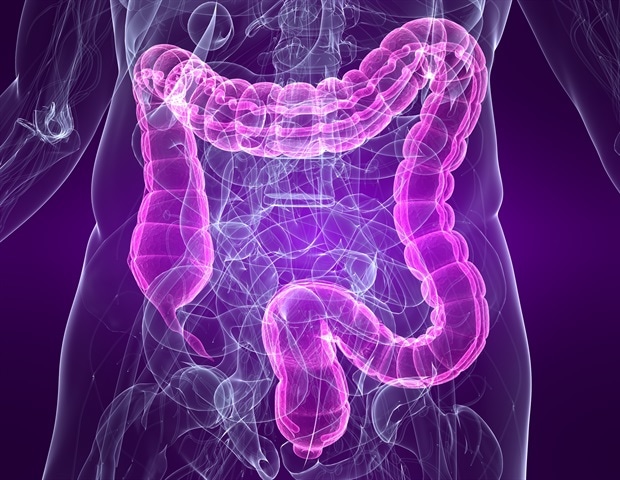
As protein-rich diets gain popularity worldwide, a groundbreaking study from North Carolina State University reveals that categorizing dietary proteins as simply animal- or plant-based is insufficient. The research highlights significant source-specific differences in protein composition, digestive efficiency, and their accessibility to gut microbiota.
The study underscores that not all proteins are digested equally. Some proteins bypass complete digestion and reach the large intestine, where they interact with the gut microbiota—an interaction that can have profound effects on health. This revelation is particularly relevant as more people incorporate higher levels of protein into their diets.
Understanding Protein Digestion
Utilizing high-resolution mass spectrometry, researchers examined proteins from six sources: soy, casein, brown rice, yeast, pea, and egg white. The study involved both germ-free mice, which lack gut microbiota, and mice with conventional microbiota. This approach enabled the researchers to determine which proteins escape digestion and become available to gut microbes.
Lead author Ayesha Awan, a Ph.D. candidate at NC State, emphasized the importance of tracking protein digestion. “We wanted to not only track how much protein is digested by the host, but also which specific proteins escape digestion to interact with the gut microbiota in the colon,” she explained. “Protein that isn’t fully digested makes its way to the colon, where it can interact with gut microbes—and those interactions may not always have the effect you’re aiming for in your diet.”
Key Findings and Implications
Strikingly, proteins from all sources were detected in fecal samples from both groups of mice, suggesting that even proteins considered highly digestible can reach the colon and serve as nutrition for gut microbiota. Awan noted, “Egg white is often thought of as a highly digestible protein source, but our study showed that a notable portion escapes digestion.”
Manuel Kleiner, an associate professor at NC State and co-author of the study, pointed out that the findings challenge the conventional animal versus plant protein dichotomy. “What we are finding is really it’s much more about the specific protein source and not about an animal-plant dichotomy,” he said.
“Brown rice protein constituted about 50% of the fecal proteins and was not very efficiently digested by the host or by the gut microbiota,” Awan added.
The Role of Gut Microbiota
The study further revealed that gut microbiota significantly influences which proteins persist through the intestinal tract. Specific proteins within each source either degraded more in mice with gut microbes or were enriched. Notably, several diet-derived proteins with functions relevant to host health, such as the Kunitz trypsin inhibitor in soy and antimicrobial proteins in egg white, escaped digestion and were accessible to the gut microbiota.
“Dietary proteins have a major impact on host physiology,” Kleiner noted. “We still need to understand if these proteins are intact or active when they make it to the colon.”
Broader Health Implications
This study is unique in its examination of multiple regions of the digestive tract, rather than just feces. Researchers found that digestion in the small intestine was largely unaffected by the presence or absence of gut microbes. Differences in protein composition were observed only in the large intestine and feces, highlighting the significant role of gut microbiota in shaping dietary protein fate.
“Most of the digestion is happening the same at the start in the small intestine, whether the mice have a microbiota or not,” Kleiner explained. Awan added, “This makes sense since there are fewer microbes in the small intestine, and they don’t have much time to interact with the dietary protein.”
The interactions between dietary proteins and gut microbiota may influence the production of metabolites, such as short-chain fatty acids or indoles, which can affect host health. Furthermore, the inefficient digestion of functional proteins in the gut could suggest possible roles in modulating gut physiology and microbial composition.
Future Research Directions
These findings suggest that the source of dietary protein is a crucial consideration when understanding diet-associated health outcomes, including inflammatory bowel conditions and metabolic disorders. “Future work will focus on how different sources of dietary proteins and their interactions with the gut microbiota affect host health,” Kleiner said.
The study, co-authored by Alexandria Bartlett, J. Alfredo Blakeley-Ruiz, Tanner Richie, and Casey M. Theriot from NC State, appears in the journal Food & Function. This research was supported by the National Institute of General Medical Sciences of the National Institutes of Health under award number R35GM138362.







